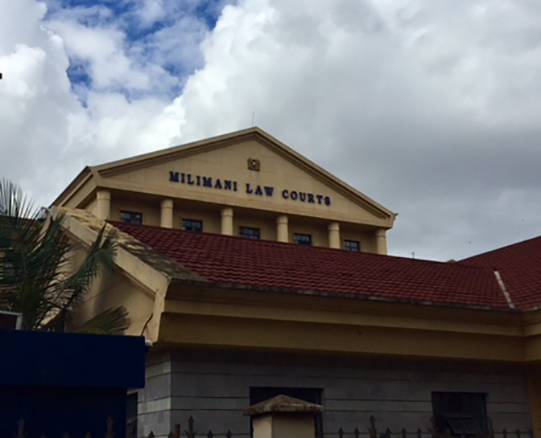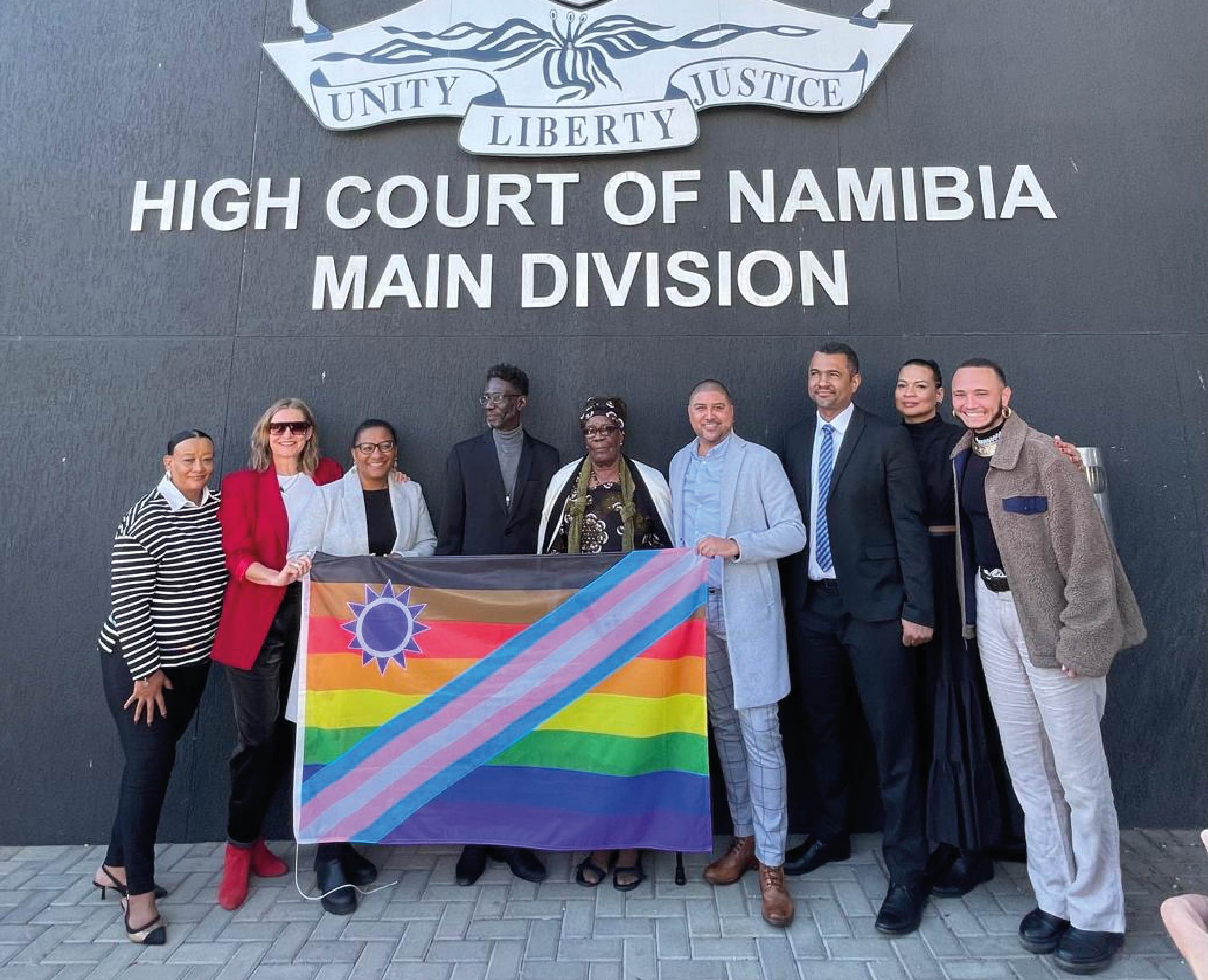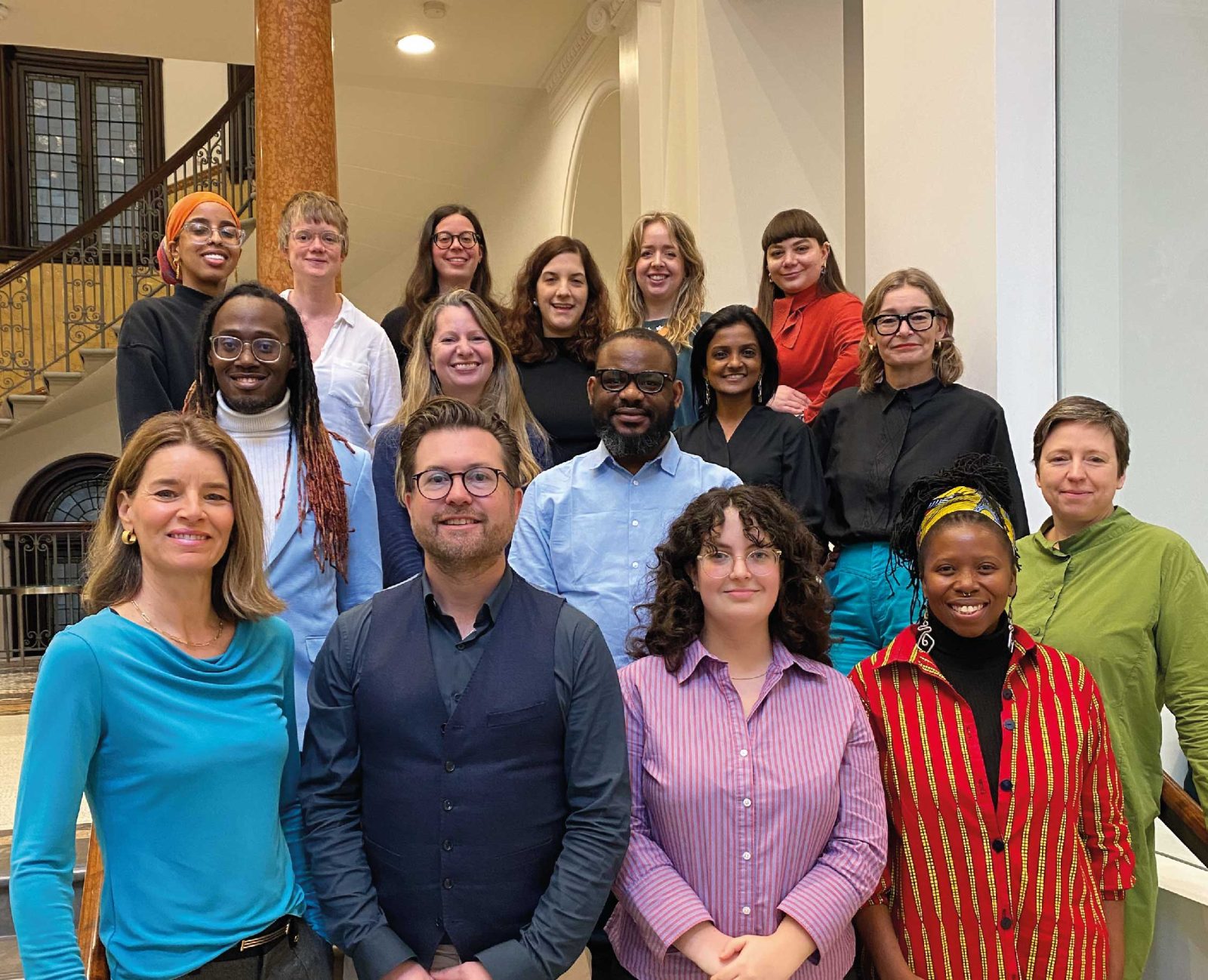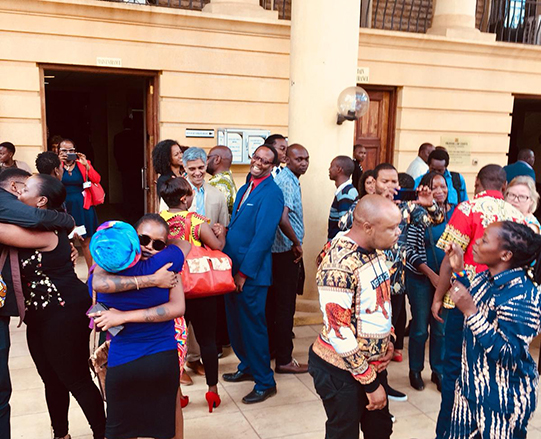Today’s decision by Kenya’s High Court to uphold discriminatory laws that target lesbian, gay, bisexual and transgender (LGBT) people is a huge setback, says the Human Dignity Trust.
Sections 162, 163 and 165 of the Penal Code, which were introduced into Kenyan lawbooks by British colonisers over 100 years ago, make it a crime to ‘have carnal knowledge against the order of nature,’ and for consenting adult men to engage in ‘gross indecency’ with each other.
It is a setback for human rights in Kenya and sends a dangerous signal to the rest of the Commonwealth, where many citizens continue to be criminalised simply because of their sexual orientation or gender identity.
The court found that Sections 162, 163 and 165 do not violate the rights of LGBT Kenyans to non-discrimination, health, a fair trial, security of the person, freedom of conscience, religion or belief, human dignity or privacy.
These laws – still on the books across two thirds of the Commonwealth thanks to British colonisation and the failure of decades of independent governments to repeal them – are widely used to stigmatise, harass and detain LGBT people, and in many countries, they have led to violence, including sexual violence, against the community.
Téa Braun, Director of the Human Dignity Trust (HDT), said:
“We wish to show our solidarity and commiserate with the Kenyan activists and lawyers who have tirelessly sought justice for LGBT people through the courts.
All Kenyan citizens are guaranteed human dignity, equality before the law and freedom from discrimination under the 2010 Constitution. Yet in handing down this disappointing judgment, the Court has ruled that a certain sector of society is undeserving of those rights.
It is a setback for human rights in Kenya and sends a dangerous signal to the rest of the Commonwealth, where many citizens continue to be criminalised simply because of their sexual orientation or gender identity. We hope that Kenya’s appellate courts will see fit to reverse this regressive decision in due course.”
Njeri Gateru, Executive Director of the National Gay and Lesbian Human Rights Commission (NGLHRC), who spearheaded the case, said,
“We have seen time and time again how these old colonial laws lead to the LGBT community suffering violence, blackmail, harassment and torture. They devastate people’s lives and have no place in a democratic Kenyan society.
The Kenyan Constitution, the supreme and homemade law of our land, should be respected and upheld as sacrosanct for all Kenyans. The Court has missed an opportunity to help ensure a future free from the intrusion of the state in our private lives, and to turn the tide for the LGBT community here in Kenya.
We are preparing to file an appeal to the higher courts.”
The case was filed in 2016 and argued by Senior Counsel Paul Muite and Advocate Sande Ligunya in February 2018. It was heard alongside a similar petition brought forward subsequently by the Gay and Lesbian Coalition of Kenya and Nyanza Rift Valley and Western Kenya LGBT coalition.
Notes
- A case summary will shortly be available on our website.
For more information or to arrange interviews with senior Human Dignity Trust staff and NGLHRC contact:
In London:
Nina Kelly, Strategic Communications Consultant, HDT
M: +44 (0)7807 158077
E: [email protected]
In Nairobi (until 27 May):
Emma Eastwood, Head of Strategic Communications, HDT
M: +44 (0)7952 705780
E: [email protected]
Twitter: @HumanDignityT #Repeal162




